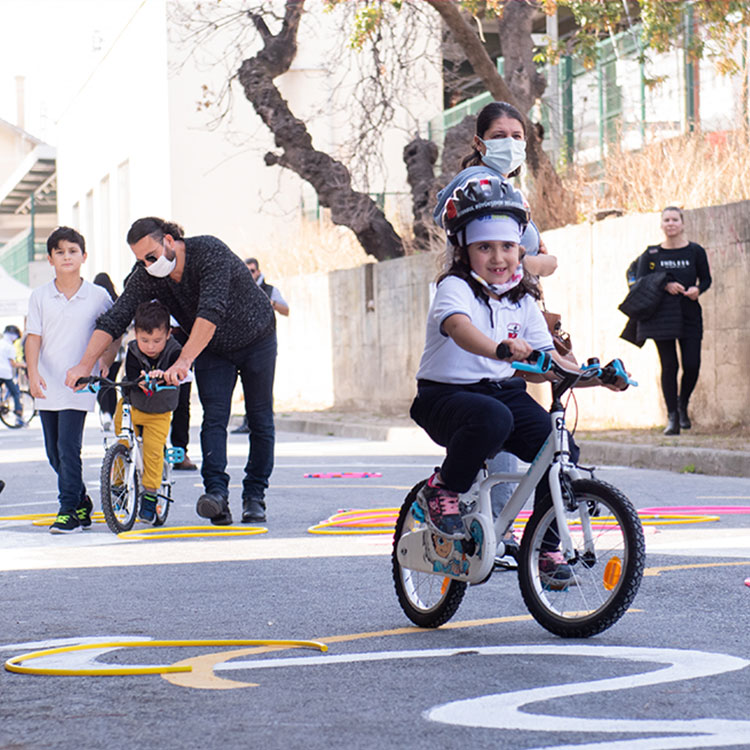Context
Tel Aviv is a city of young families: in 2018, more than a third of residents were aged 18 to 35, and 6.3% were aged 3 or under – well above the average for the developed world. Yet until recently the municipality took little interest in its youngest residents. After the high cost and low quality of daycare caused growing consternation among parents, a 2015 study by Bloomberg Innovation Team attracted the attention of the city’s Mayor. This created the political opening for Urban95 to dramatically raise infants, toddlers and caregivers up the municipal agenda.
Key actions
- Winning and maintaining support from the top. This was essential given the highly centralized municipal structure in Tel Aviv. Before approaching the CEO, the project built allies across the municipal government who supported the idea because they saw how it would help them to do their own jobs.
- Getting all city departments to come together. An Urban95 project manager, Bosmat Sfaadia-Wolf, was employed in the city government itself to reach out across departments, with the Foundation providing the funds to pay her salary. The choice of department in which to locate her position was critical – the community department was chosen as it does the most collaboration with other departments. The manager’s personality also helped: “She has a rare ability to get people crazy about doing things,” said one colleague.
- A study tour. In late 2017, nine top officials from multiple city departments visited Copenhagen. The inspiration, enthusiasm and bonding that resulted from this trip proved transformative. The participants formed an informal steering group that met every two or three months to coordinate and strategise on advancing their joint Urban95 agenda.
- Pilots to score quick wins and build momentum. The team initially developed a one-year strategic plan focused on quick wins rather than engaging in a more comprehensive process of developing a long-term plan. Data collection was focused and agile, aimed at informing without slowing down the pace of implementation. Key performance indicators were collected on metrics such as child development outcomes, caregiver behaviour and well-being, and public spaces.
Results
- By mid-2019, Urban95 had been active in Tel Aviv for two and a half years. Changes in public spaces were visible across the city: about 160 public spaces included new elements for babies and toddlers, 77 playgrounds had been renovated, there were two permanent and seven mobile toy sheds, and blueprints had been adjusted for more than 200 new parks.
- A new municipal unit on early childhood education (birth to six) was established. Ten community centres offered parenting services by mid-2019; 30 parent-child workshops were developed with parenting experts and delivered in the community centres13,000 parents participated in parent–child activities.
- After the 2018 municipal election, the Mayor appointed a deputy – one of seven – with specific responsibility for early childhood, which featured explicitly in the 2019 work plans of six departments: community, social services, parks and gardens, transportation, education, engineering, and the city spokesperson.
- The municipality had spent upwards of US$ 2 million in staff time and matching project funding, and redirected an additional US$ 5.9 million of existing city budgets towards spending on parents and young children.
Looking ahead
- The pace of implementation is causing some issues with overlapping new services. Mechanisms for inter-departmental cooperation on early childhood remain informal, and need to be institutionalised.
- In a city with a high degree of inequality, it remains a challenge to ensure that early childhood services reach the communities who need them most. The plan for the second phase of Urban95, from 2020-2023, stresses: “coverage is important, and we are investing much to bring this to all families”.

